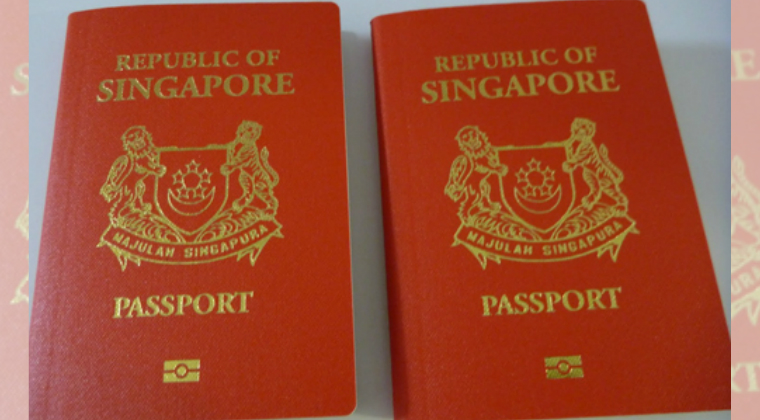The Straits Times carried a pretty fascinating commentary on Jan. 20 from former INTERPOL secretary-general Ron Noble, who wrote about Singapore's border control measures and how we redesigned our passport system.
 Serbian assassin Milorad Ulemek. Photo: Wikimedia Commons
Serbian assassin Milorad Ulemek. Photo: Wikimedia Commons
Noble, who served as the international criminal police organisation chief from 2000 to 2014, shared a story of how in 2003, an assassin, Milorad Ulemek, plotted to (and then eventually did) kill then-Serbian President Zoran Djindjic. Ulemek used a stolen Croatian passport and used it to get through 26 European border crossings, including Singapore's.
"Fortunately, for Singapore's law-enforcement agencies, they could say that, back in 2003, the international database of stolen or fake passports that would have exposed Ulemak's passport as stolen, did not exist," he wrote.
It was only after that that Interpol created the world's only database of stolen and lost passports. Singapore, however, discovered that implementing it would be expensive, complicated and time-consuming.
"Singaporean identification documents were conceived with efficiency in mind, not security, with the same unchanging national identification number of each person used for many different identification documents," he explained.
Singapore could have decided it was impractical to be part of the database, he continued. This was because if a Singaporean, at that time, had his or her passport stolen, his or her replacement passport would carry the same number as the stolen one and he or she might risk being detained or arrested while travelling abroad.
However, Singapore eventually undertook the hefty task of redesigning its entire system for the issuance of identity documents and created a new identification number system (i.e. the new numbers on Singapore passports), so that citizens would not be wrongly detained or arrested if their old passport was stolen.
Noble's account then details that we then educated and trained our police and immigration officers to use Interpol's databases and technology to detect stolen passports and prevent people carrying these from entering.
Thanks to our painstaking efforts, Singapore is now No. 3 in the world, behind the United States and Britain, in terms of passport screening security.
In his article, Noble noted that fewer than 15 of the world's almost-200 countries systematically screen passports against global databases the way Singapore does.
"It is too soon to know today whether Jakarta's terrorist attacks were facilitated by the sue of stolen or fake passports, as was the case with the recent attacks in Paris and Bangkok. We do know, though, that the Islamic State in Iraq and Syria provides stolen and fake passports to its members," he added.
So there you have it, Singapore passports have identification numbers different from our identity cards because it helps prevent the use of stolen or fake passports to gain entry to Singapore or any other country. That's also why you get a new passport number every single time you change, replace or renew your passport with the Immigration and Checkpoints Authority.
Next time you lament that you can't remember your passport number and wish that we go back to using our IC number for our passports, just remember that this minor inconvenience is for better security.
Related articles:
Automated passport clearance in Singapore for frequent visitors from China from Nov. 16
Here’s the complete list of territories that S’poreans require a visa to enter
Top photo from here.
If you like what you read, follow us on Facebook and Twitter to get the latest updates.
If you like what you read, follow us on Facebook, Instagram, Twitter and Telegram to get the latest updates.
